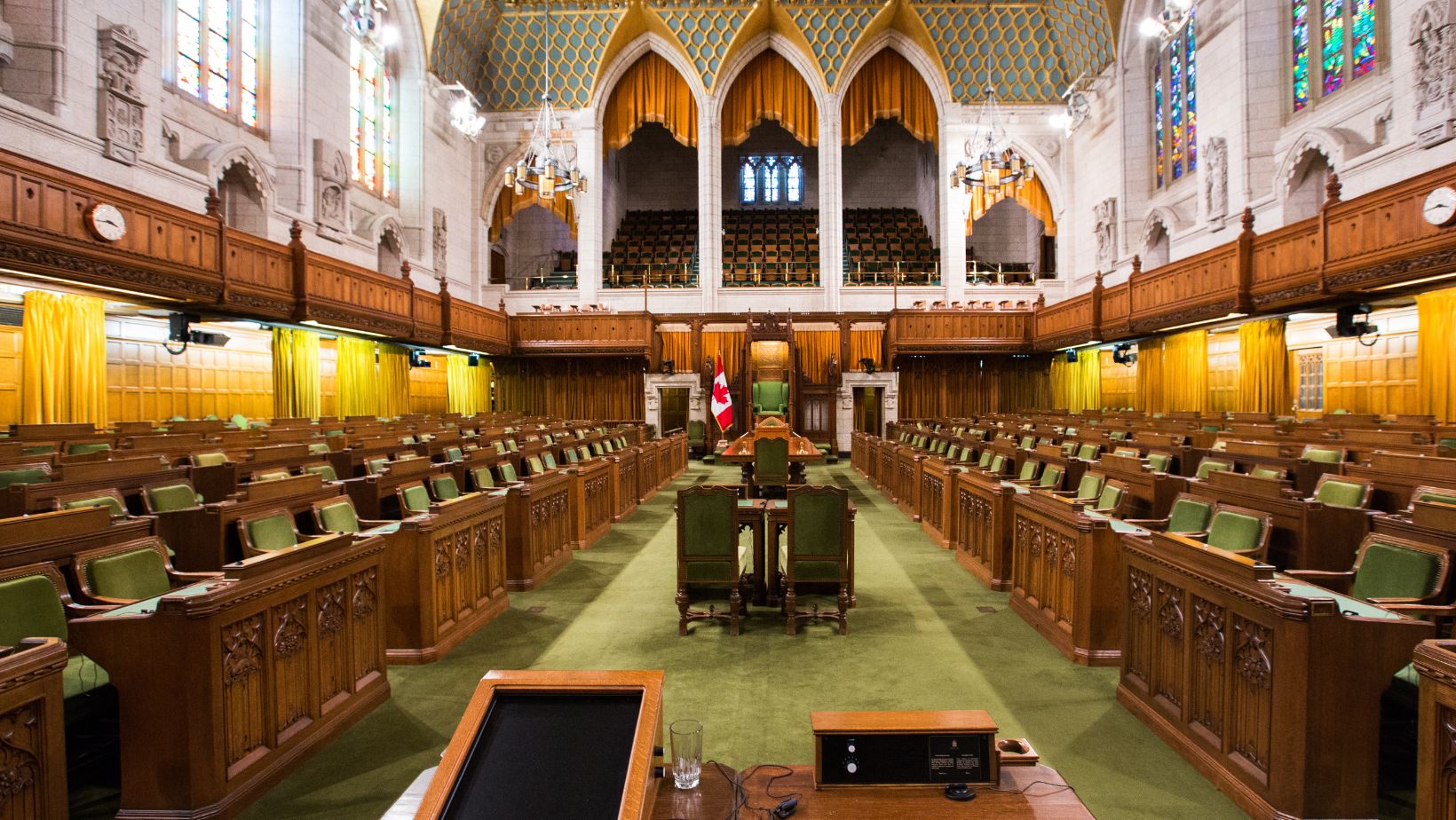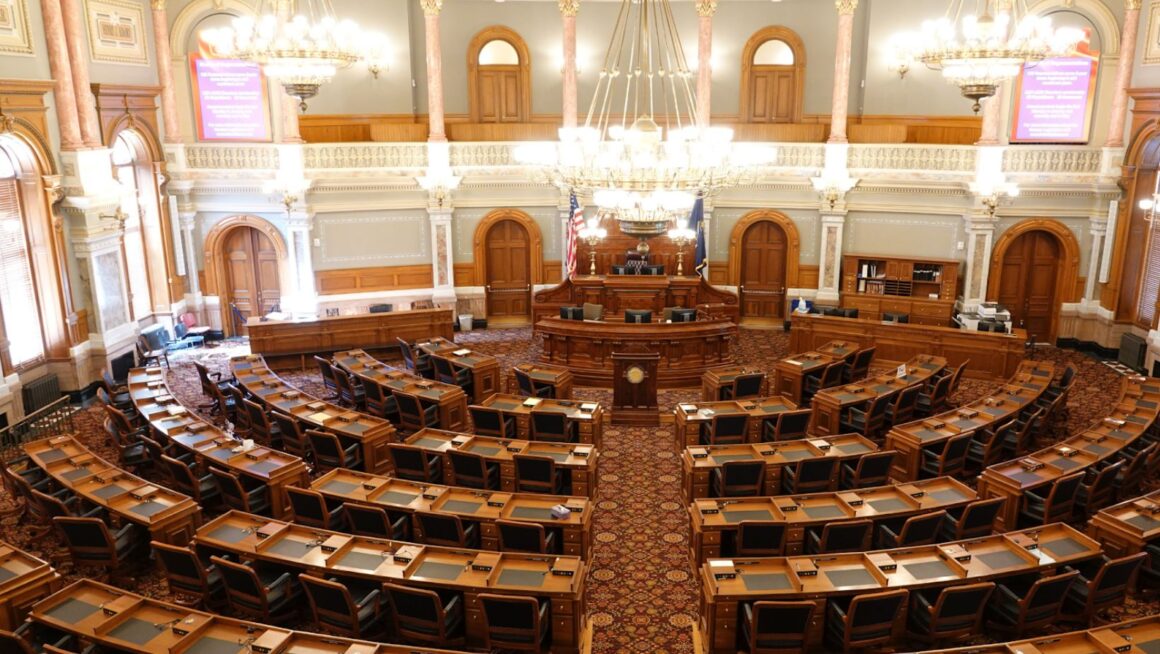Out across highways and statehouse carpets, lawmakers in the U.S. are knee-deep in arguments, some anxious, some almost giddy deciding whether casinos, from the kind built of stone to those whirring in the digital ether, get a bigger slice of their turf in 2025. The patchwork of American policy is alive and well: each state, needle in hand, embroiders its rules, convinced their version will keep the coffers full or at least steady the nerves of the more cautious. Lacking any grand federal manual, it really is a free-for-all. Some lawmakers have dollar signs in their eyes, others are fussing with worry beads.
State-Level Initiatives Drive Expansion Efforts
State capitols think fluorescent-lit committee rooms, the hum of half-muted phones are grinding through casino expansion proposals, each on their own unpredictable schedule. Not exactly a leisurely cruise. Indiana, for example, just sent up a House committee bill for online lottery and casino games. That comes with the sticky residue of recent gaming scandals that nobody in the building wants to talk about for long, kind of like spotting rain at a picnic but pretending for a moment you didn’t feel a drop.
The measure covers everything: online slots, virtual blackjack, the digital table’s buzzing with possibilities. Elsewhere, Ohio, Maryland, Virginia, Connecticut each are taste-testing their idea of legalization, tinkering with what belongs, tossing out what doesn’t, local politics coloring every ingredient.
North Carolina Proposes Rural Tourism Initiative
North Carolina, now, that’s a fresh angle. Imagine a few dusty counties names like Anson, Nash, Rockingham quietly in line for new casinos. Not just gambling for its sake, either. This plan, bundled as the Rural Tourism Incentive Program, aims to pull in some real investment.
Operators get only so far if they’re willing to spend big, hire local, and satisfy the highly caffeinated Lottery Commission inspectors. A 22.5% excise tax stands guard at the exit, siphoning a hefty portion of casino winnings back toward local projects, especially for areas that haven’t seen much luck. Anyone eyeing these licenses will be clearing regulatory hurdles with athletic determination; there’ll be no shortcuts.
Massachusetts Pursues Licensing Framework
Over in Massachusetts, lawmakers have rolled up their sleeves charting out the framework for a legal, statewide system for online casino licenses. Don’t think of rickety card tables; think more of the blueprints for a bridge than a deck of cards. Three of the state’s existing casinos are primed to add digital wings; maybe four outsiders will join the party if they can pay the fare.
The entry fee’s steep: $5 million nets you five years of operation, with renewals possible, but, oh, there’s a 20% tax on adjusted gross receipts for the privilege. That money’s not vanishing: it feeds trust funds and public accounts, a nod to the idea that casino profits, at least in part, ought to circle back to help communities.
Texas Faces Ongoing Legislative Obstacles
Now, has Texas heard this story before? Casino expansion is going nowhere fast in the Lone Star State. The Senate, with its big boots planted, hasn’t budged an inch. Some of the state’s leaders practically shout “over my dead body” conceding they can’t muster the votes to shuffle the deck.

Over in the House, there’s curiosity, maybe a little appetite, but unless the Senate signals its game to play, don’t count on anything meaningful happening. Proponents are working the halls, hoping for even a sliver of daylight, but let’s be honest: odds are skinnier than most dare admit.
Economic Incentives Shape Policy Decisions
The tug-of-war over casinos, it isn’t just about filling a state’s piggy bank. It’s jobs, it’s growing tax returns, yes, but in the fine print lurks the responsibility to manage the fallout. In Indiana and other states, legislative bigwigs emphasize: pile up the benefits, fine, but make sure the windfall isn’t just for a lucky few, especially after scandal has left people suspicious. The actual nuts and bolts licensing costs, taxes, checks and balances look wildly different state to state. It’s all a bit like a dance: everyone wants the music to last, but nobody wants to trip on their shoelaces.
Final Thoughts on Casino Expansion Trends
Keep watching state by state, the casino debate won’t chill anytime soon. Each legislature, left to its improvisation, scribbles house rules to suit its quirks and electorate. The federal government? Strictly spectator for now, not stepping in. Whatever deals get struck this cycle, they’ll redraw the boundaries on the American gambling map, carving out new territory for those eager to bet and reminding everyone else just how unpredictable a hand this really is.

